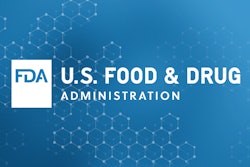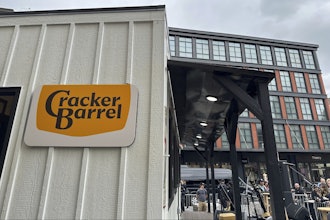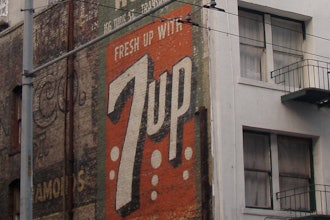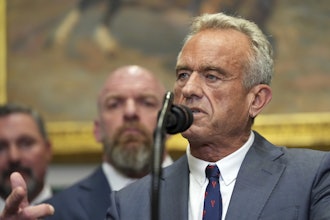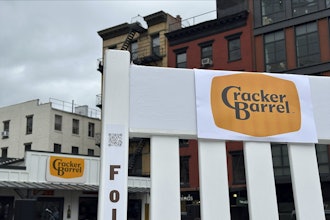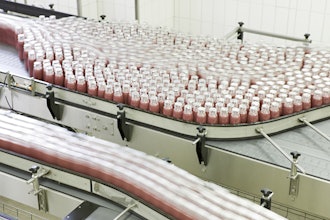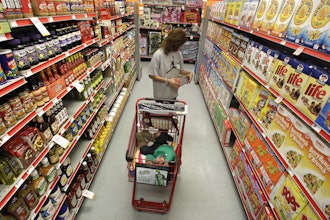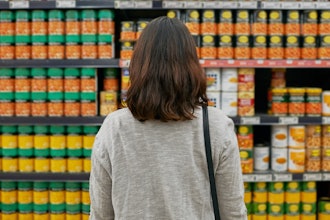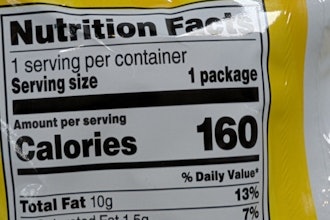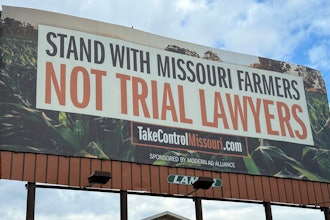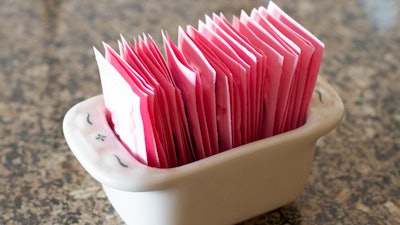
WASHINGTON — The Sugar Association, representing 142,000 sugar beet and cane growers, processors and refiners in the United States, filed a U.S. Food & Drug Administration (FDA) Citizen Petition on Wednesday asking the agency to require complete and accurate labeling of low- and no-calorie sweeteners on food packages, action that will extend labeling transparency, end misleading practices and help consumers make more informed decisions.
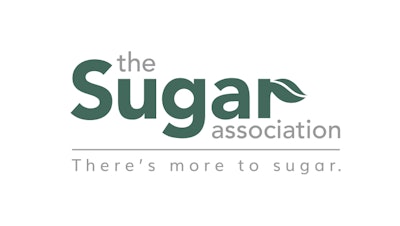
The Petition asks the FDA to require the following changes to food labeling by issuing official industry guidance supported by the Agency’s enforcement discretion:
- Add the term “Sweetener” in parentheses after the name of all non-nutritive sweeteners in the ingredient list.
- For children’s food and beverages, indicate the type and quantity of non-nutritive sweeteners, in milligrams per serving, on the front of food packages.
- For products making a sugar content claim (i.e. No/Low/Reduced Sugar), require the disclosure, “Sweetened with [name of Sweetener(s)]” beneath the claim.
- Disclose the potential gastrointestinal side effects from the consumption of sugar alcohols and some sugar substitutes in foods at the lowest observed effect levels.
- Ensure all sugar content claims related to sugar and sugar substitutes are truthful and non-misleading.
The Citizen Petition is supported by a wealth of consumer and marketplace data, with the most recent consumer opinion research conducted by Quadrant Strategies (1,002 sample size) for the Sugar Association showing:
- Given a list of food additives, consumers correctly identified sweetening ingredients only 37% of the time.
- 73% of parents think it’s important to know the amount of sugar substitutes in their children’s food.
- 66% of consumers say it’s important for sugar substitutes to be clearly identified as sweeteners on food labels.
Therefore, the use of low- and no-calorie sweetener ingredients should be predicated on complete transparency in labeling. For instance, when packaged foods contain sweeteners not disclosed on the Nutrition Facts label, including but not limited to, Aspartame, Saccharin, Acesulfame Potassium (Ace-K), Neotame, Sucralose, Steviol Glycosides (Stevia) and Lou Han Guo (Monk Fruit), the name of the ingredient would be followed by the word (Sweetener). This will make the presence of unfamiliar sweeteners clear to consumers.
In addition, the Petition, when enacted, would require children’s products made with non-nutritive sweeteners to disclose – on the front of packages – the type and quantity of sweeteners used. This request is supported by the American Academy of Pediatrics November 2019 Policy Statement, The Use of Nonnutritive Sweeteners in Children, and is necessary to gauge pediatric exposure to alternative sweeteners – something that is currently unknown.
Similarly, the Petition asks that products bearing sugar content claims require the disclosure, “Sweetened with [name of Sweetener(s)]” beneath the claim. The need for this action is critical due to the increased use of sugar substitutes and sharp rise in misleading “No Added Sugar,” “Zero Sugar,” and “Reduced Sugar” claims on food packages, partly driven by the FDA’s new mandatory labeling of added sugars on the Nutrition Facts Panel.
The Petition also asks the FDA to use its enforcement discretion to require the disclosure “Not lower in calories” for the use of “No/Reduced Added Sugar” claims on the labels of foods when the product does not have 25% fewer calories than the food product to which it is compared. Seventy percent of consumers believe that products labeled “Reduced Sugar” contain fewer calories than the original product. Too often, total calories are higher or the same in these products, but label claims mislead consumers into believing it is a healthier choice.
Separately, according to the FDA, certain sugar alcohols can cause gastrointestinal distress in children and adults. Therefore, the Petition asks FDA to require the labeling of any documented health effects associated with the consumption of sugar alcohols based on the lowest observable threshold so consumers can make informed food decisions.
There is a clear need for FDA mandated transparency and clarification when it comes to the labeling of sugar substitutes. Accordingly, the Sugar Association Petition is in keeping with consumers’ desire for complete and accurate information in food labeling of all sweeteners and is in line with FDA’s 2018 Nutrition Innovation Strategy, which calls for clear and honest food labeling to help consumers and fuel better individual and collective public health outcomes.
“These changes are necessary to close a gap in food labeling, but most importantly, they are necessary to provide consumers with complete transparency and accurate information about the contents of the products they buy and eat,” concluded Dr. Gaine.






